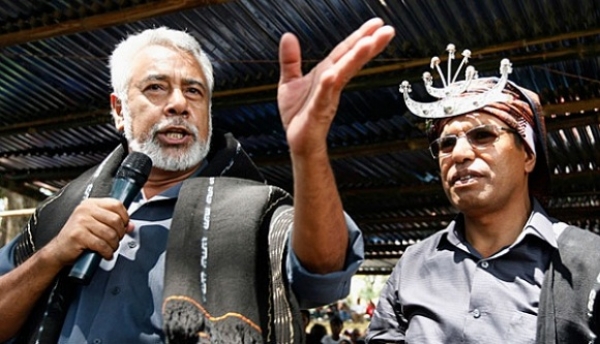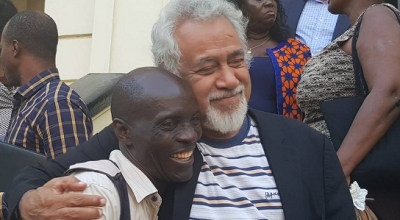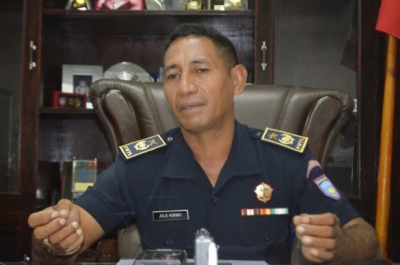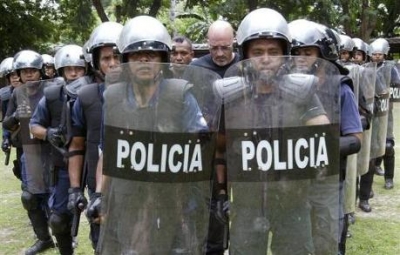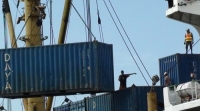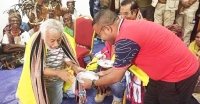AMP to Announce New Prime Minister
DILI: The Alliance for Change and Progress (AMP) party has distanced itself from setting a date when it will announce its Prime Minister choice, as commentators put it down to a two man race between Xanana Gusmao and Taur Matan Ruak.
FRETILIN Questions Oecusse Vote Count
DILI:The head of the Fretilin Party has called for an investigation into vote counting in Oecusse after the party saw a large swing against it on Saturday’s parliamentary vote.
DILI:The President of Democratic Party (PD), Mariano Asanami, has said his party was ready to cooperate with the new eighth government of Timor-Leste, prioritisng prosperity and the development of the country.
The Democratic Party picked up 5 seats on Saturday’s parliamentary vote.
Xanana Set to Head Back into Power
DILI: Xanana Gusmao is tipped to return as Prime Minister of Timor-Leste with his coalition of opposition parties taking a lead in the final stages of the preliminary election count, according to the state election commission.
DILI: Timor-Leste’s Police Commander has called on politicians to put aside their differences and accept the results from Saturday’s election.
DILI: Timor-Leste’s police commissioner has said arrests have been made in connection to campaign violence between opposition political parties in Los Palos and Makadiki over the weekend.
DILI: Three men suspected of trafficking drugs into Timor-Leste have fled to Indonesia, the Court of Appeal said on Monday.
On 23 January, 2018, Timor-Leste coastguard intercepted a shipmen from China destined for Dili that had nine shipping containers filled with drugs.
DILI: The President of National Election Committee has rejected claims of tampering of ballet papers delivered to Covalima this week.
DILI: The reason behind the strange behavior of a Timorese youth that had him kicked off a plane in Dili, remains a mystery according to Nivio Mangalhaes, the Secretary of State for Youth and Employment (SEJT).
DILI: Allegations that the Parliamentary Majority Alliance (AMP) used martial arts gangs to influence voters will be brought to light, as the Suai general court prepares to hand down a ruling that could lead to the political party being stamped with illegal conduct.
More...
DILI – Since news broke early this month that government funding to support Timor-Leste’s only free health clinic had been cut off, it’s been the public who have stepped in.
Alcino Warns Fretilin and AMP Against Propaganda
DILI – Alcino Baris, the National Election Commission (CNE) Chief, said senior leaders of the Fretilin and the Parliamentary Majority Alliance (AMP) were walking a thin line between campaigning and propaganda, calling for an end to the insult war.
Message From Catholic Church to the Leaders
DILI: The Priest, David Alves from Motael Church call to the all people to pray for the God and ask the blessing to the Timor Leste s’ Leaders, sit together to overcome the political situation in Timor Leste.
Illegal Weapon Still in Timor Leste
DILI: The Minister of Defense and Security José Agostinho Sequeira ‘Somotxo’ appealed to the all people who still save the illegal weapon at home must to hand over at the end of December of 2017.




